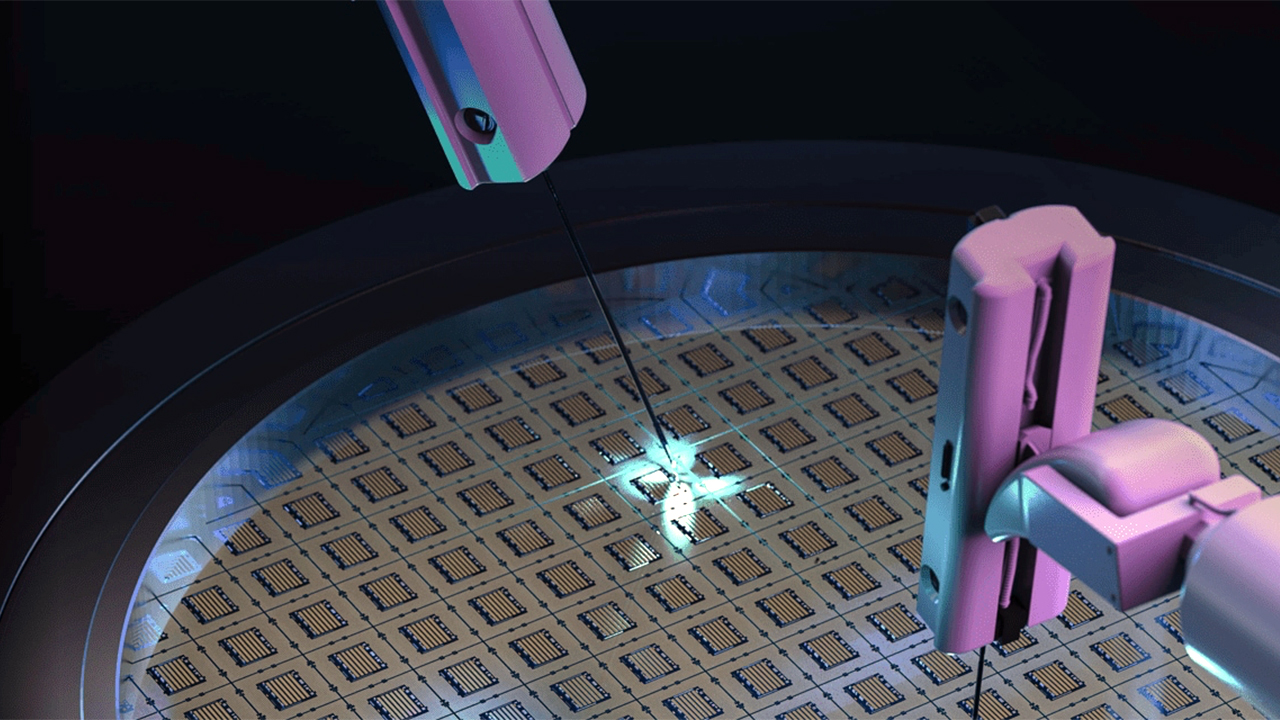Taiwan accuses Chinese chip manufacturing tool companies of poaching engineers from Taiwanese companies
Not for the first time.

Taiwan has accused several Chinese semiconductor companies of illegally recruiting its engineers and stealing proprietary technologies as part of its efforts to boost its semiconductor production capabilities. A recent investigation identified eight Chinese firms, including Naura Technology, as violators of Taiwanese law, reports Bloomberg.
According to Taiwan's top intelligence and investigative agency, Naura Technology, a maker of etching and chemical vapor deposition tools trying to make its lithography tools, unlawfully hired engineers to develop chipmaking tools in Taiwan. The report does not disclose whether it hired etching or lithography specialists. Still, this recruitment is seen as part of a broader effort by Chinese companies to gain a competitive edge in the semiconductor industry by poaching experienced engineers from Taiwanese companies.
Naura has responded to these allegations by denying any wrongdoing, stating that its operations in Taiwan comply with all local laws and regulations. The company emphasized that its presence in Taiwan was established by legal requirements and denied involvement in poaching talent.
It is not the first time Taiwanese authorities and companies have accused Chinese entities of poaching experienced engineers. Back then, China-based chipmakers like SMIC, HSMC, and QXIC would hire people from TSMC and UMC to develop advanced process technologies. Other examples of Chinese poaching talent from Taiwan include the hiring of electronic design automation (EDA) tools by Huawei and SMIC. Another way to get experienced workers is to set up operations in Taiwan without following regulations and then hide Chinese ownership by making these entities look like local and foreign companies.
Earlier this year, Taiwan's ambassador to the U.S. accused China of trying to compete with Taiwan's semiconductor industry through unethical practices, including intellectual property theft. China's ambassador to the U.S. has denied these accusations, asserting that Chinese companies have not done anything wrong.
It is not exactly true. Semiconductor Manufacturing International Corp. (SMIC), China's leading chipmaker, was found guilty of stealing TSMC's fabrication processes twice in the early 2000s. However, advanced FinFET technologies are now so complex that stealing them is nearly impossible today. Nonetheless, UMC was found guilty of stealing a DRAM process technology from Micron, so Taiwan companies and authorities probably have reasons to worry about.
Get Tom's Hardware's best news and in-depth reviews, straight to your inbox.

Anton Shilov is a contributing writer at Tom’s Hardware. Over the past couple of decades, he has covered everything from CPUs and GPUs to supercomputers and from modern process technologies and latest fab tools to high-tech industry trends.
-
Marlin1975 "unlawfully hired engineers"Reply
How did they do that? If you're going to write a story you should give clear examples and how its illegal.
That and from what I have read seems many Taiwan companies treat their employees like dirt. So did they "steal" them by paying and treating them better? -
Davidhn They are call capitalism and basic human right for people able to freely seek work where their talents are appreciated and by showing them the money. Taiwan companies can always counteroffer to keep their employees, yes? Isn’t it ironic for Taiwan to complain about a Communist country practicing capitalism and facilitating personal freedom? Perhaps US should review its relationship with Taiwan.Reply -
Davidhn Reply
I’d worked with many Taiwan companies and under many Taiwanese managers. The appearance of working hard (staying in office longer than manager even when work is done) is valued more than working smart. Taiwanese managers readily throw its employees under the bus for workplace political expediency instead of act on principle. I don’t blame Taiwanese workers looking out for their own interests because their companies and managers don’t.Marlin1975 said:"unlawfully hired engineers"
How did they do that? If you're going to write a story you should give clear examples and how its illegal.
That and from what I have read seems many Taiwan companies treat their employees like dirt. So did they "steal" them by paying and treating them better? -
nameless0ne Yeah. The only way this 'poaching' could have been illegal is if some non-competes were broken. I am guessing that Chinese companies created local branches that did not state that they would develop chipmaking tech in Taiwan. They do state that those companies are for legal purposes only. But why would they hire chipmaking experts. Those companies will most likely just facilitate transfer on knowledge/consultation.Reply
Taiwan companies will not have a case against them. Should have tried to keep their employees instead of crying foul after the fact.